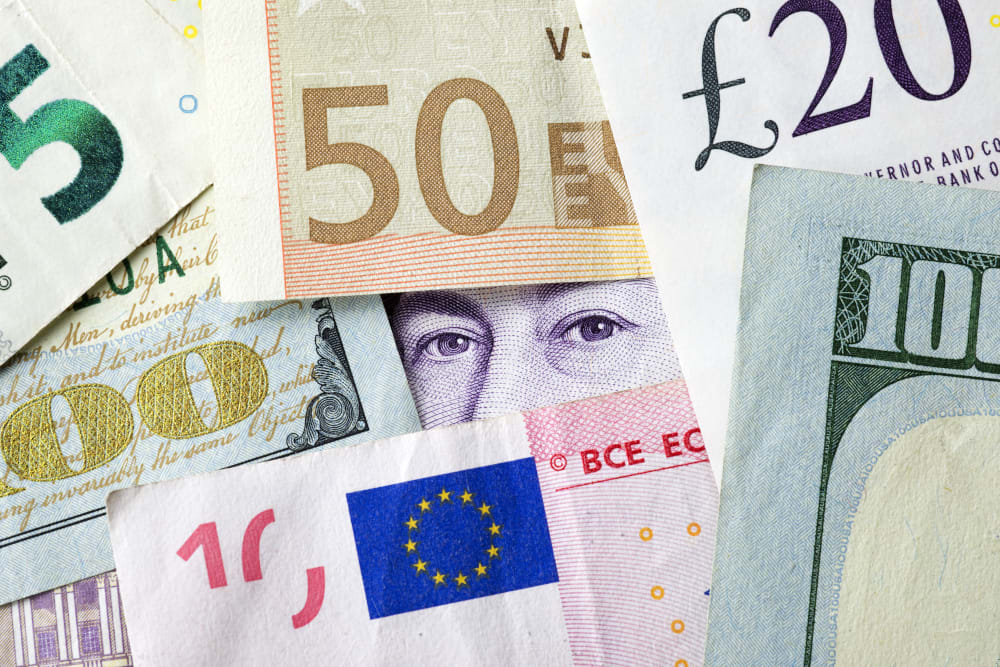BNPL provider Ratepay eyes securitisation as key to scaling business
Berlin-based buy now pay later provider Ratepay is using securitisation to finance its next stage of European growth while maintaining a slim balance sheet. The fintech operates across the DACH region and is part of Italy’s Nexi Group.
“We grow by winning new merchants, which means we need to have a financing structure that can be easily scaled up,” chief executive officer Sabrina Flunkert told Debtwire.
When a customer makes a purchase – whether a pair of jeans or a new microwave – Ratepay effectively buys the receivable from the merchant. On-boarding new merchants bumps up the volume of receivables it can buy.
German shoppers are some of the biggest users of BNPL services in Europe. Last year, 20% of online orders in the country used BNPL providers – second only to Sweden – and up from less than 1% in 2014, according to payment technology provider Worldpay.
In order to fuel that growth, Ratepay needs a financing structure that can grow with the business.
With that in mind, the company launched a private EUR 125m securitisation with UniCredit backed by short-term BNPL consumer receivables in April. The facility could be scaled up to EUR 300m in the next five years, based on the business’ growth plans, Flunkert said.
Under its current arrangement with UniCredit, newly originated receivables – typically averaging EUR 120-EUR 130 in value – are passed straight into the securitisation if they meet particular eligibility criteria.
Securing a ‘Simple, Transparent and Standardised’ label made the structure more capital efficient for the bank and makes it easier to scale further down the line.
Funnelling new receivables directly into the ABS prevents balance sheet bloating, too.
“We are not a bank; we don’t have the balance sheet capabilities that a bank has. We don’t have [equity] investors pouring billions into the business, either,” Flunkert said. “ABS is a very attractive way for us to finance and scale effectively.”
So far, the arrangement with UniCredit is limited to BNPL receivables originated in Ratepay’s core markets of Germany and Austria. In the meantime, its Swiss business is funded through a revolving credit facility.
Bundling loans from different countries into the same securitisation can be tricky, as lenders contend with a patchwork of legal frameworks governing BNPL.
“When we enter new geographies, we may have to adapt the facility or create a new compartment,” said Flunkert.
Banks are increasingly amenable to funding BNPL origination. Lenders that were wary of BNPL just three years ago have since changed their tune, Flunkert said.
That BNPL securitisations have a longer track record – and that some of the world’s largest institutions now lend to the sector – certainly helps.
In 2023, KKR announced plans to purchase up to EUR 40bn of PayPal’s BNPL loans. And last month, Debtwire reported that Saudi Arabian fintech Tamara signed a USD 1.4bn securitisation deal with Goldman Sachs, Citi and Apollo.
And while BNPL may feel like a distinctly modern innovation, its roots are older. Its roots lie in mail-order financing, in which merchants sourced funding to cover the short-term costs of buying products to fulfil customer orders, as a precursor of BNPL – a market that many banks once lent to.











